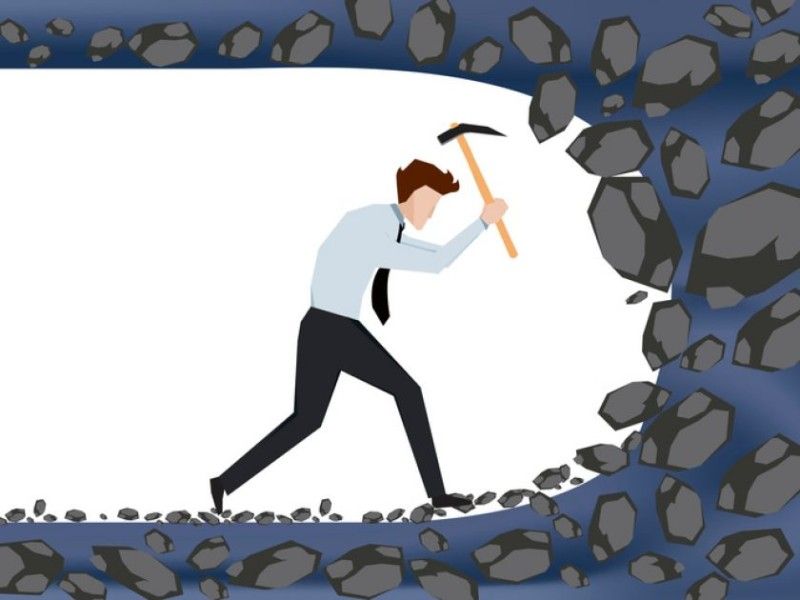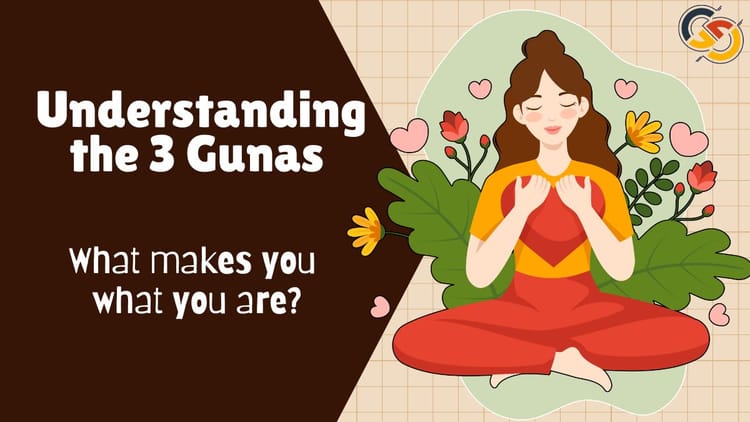Sunk Cost Fallacy - a Cognitive Bias and how to overcome it?

Cognitive biases are errors in thinking that can affect our judgment and decision-making. The sunk cost fallacy is one common #cognitivebias that can impact our decision-making. The sunk cost fallacy is the tendency to continue investing time, money, or other resources into a project or decision, even if it no longer makes sense because we have already invested so much. It's essential to be aware of cognitive biases like the sunk cost fallacy to make more rational and objective decisions.
Imagine you're at a restaurant and order a costly meal. But then you find out it's not very good - it's cold, undercooked, and not what you expected. Now, you have the decision to make. Do you keep eating the meal, even though you're not enjoying it, just because you paid a lot? Or do you cut your losses and order something else?
If you keep eating the meal, even though you're not enjoying it, just because you paid a lot of money for it, you're falling prey to the sunk cost fallacy. The idea behind the #sunkcostfallacy is that we feel like we've already invested so much time, money, or effort into something that we can't give up now. We must see it through to the end, even if it's not in our best interest.
This can happen in all situations - not just with restaurant meals. Maybe you've invested a lot of time and money into a project at work, but it's not going anywhere. Or perhaps you've been dating someone for a while but are unhappy. Whatever the situation, the sunk cost fallacy can make us feel we must keep going, even if it's not the right decision.
The problem with the sunk cost fallacy is that it can cause us to make irrational decisions. We're so focused on what we've already invested that we don't consider the best course of action moving forward. Instead, we keep throwing good money after bad or wasting time on something that won't work out.
So, next time you find yourself in a situation where you're tempted to stick with something because you've already invested a lot into it, take a step back and consider whether it's your best decision. Sometimes, the best thing to do is to cut your losses and move on to something better!
Sunk Cost Fallacy
Anchoring Bias
Confirmation Bias
Fundamental Attribution Error
Endowment Effect



